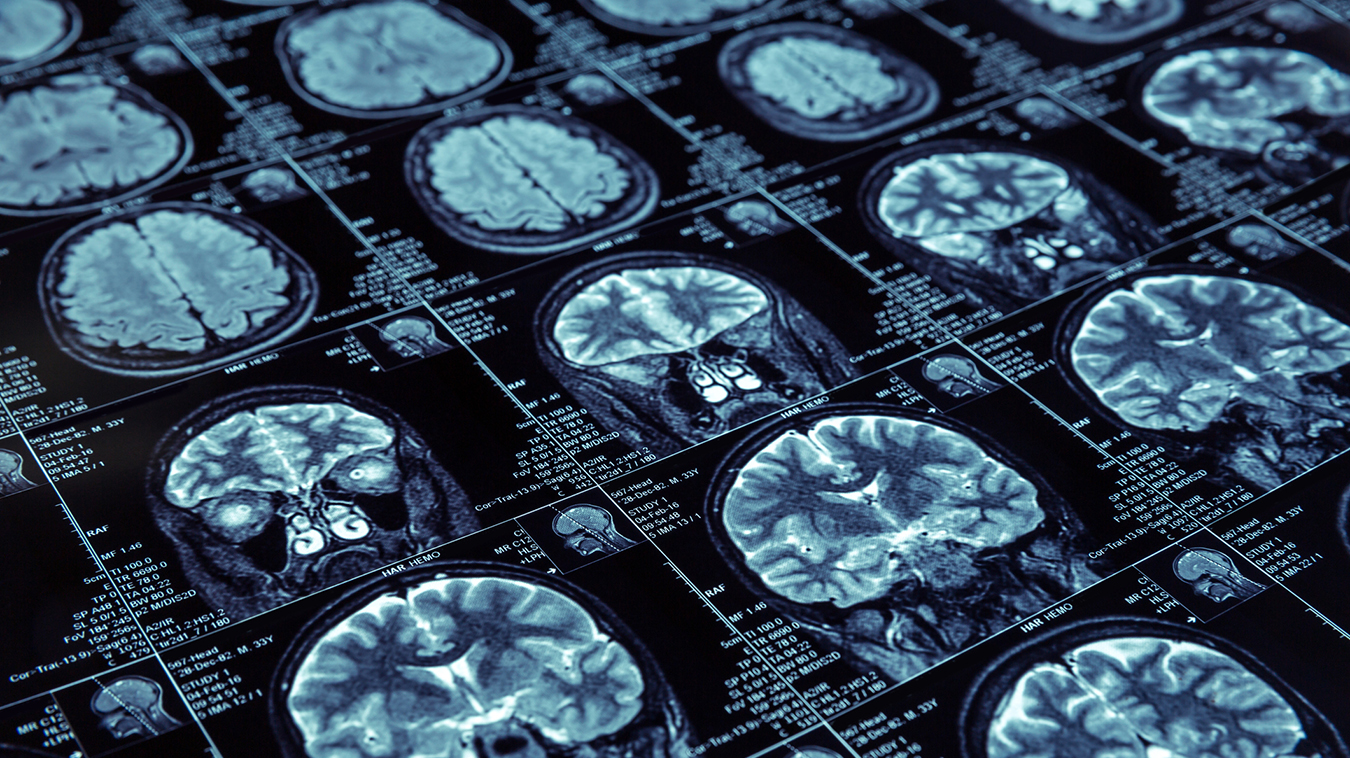
Home TRAUMATIC BRAIN INJURY AND MEDICAL IMAGING
Traumatic brain injuries (TBI) occur when a blow to the head causes physical trauma to the brain. Nearly half of TBI-related hospitalization are due to falls, and TBIs can affect as many as 1.7 million people annually.
Some TBIs are relatively minor, while others can produce massive brain damage. However, it can be difficult to diagnose the severity of a TBI based solely on symptoms or the severity of the blow.
After a physical exam, medical imaging is often the next step in diagnosing a TBI.
Concussion is the most common, and the most well known, of the different types of traumatic brain injuries. However, there are many types:
It’s important to investigate all head injuries and speak to your health care provider if it’s possible you have a TBI. Depending on the severity of the injury, TBI may lead to short- or long-term health problems.
Mild TBI or concussion are not usually life-threatening, but their effects can be serious. Plus, a history of multiple or repeated mild TBIs or concussions can lead to a longer recovery and long-term difficulties, such as problems with concentration, memory, headache, and keeping your balance.
Moderate or severe TBI may require ongoing care, although the effects vary. These injuries can result in an extended period of unconsciousness (coma) or amnesia, and often include one or more of the following:
To determine which imaging type is appropriate for your circumstances, a health care practitioner will review the risks and benefits associated with each type of imaging and determine whether CT or MRI will provide the most valuable information.
CT and MRI exams are both available in hospitals and covered under the Alberta and Saskatchewan Health Care Insurance Plans, but they can also be performed as private pay exams which complement the public health care system.
In Saskatchewan, Mayfair Diagnostics provides MRIs as publicly funded, community-based services under contract with the Saskatchewan Health Authority and as a private pay exams. They are offered at our Saskatoon and Regina locations.
In Calgary, Mayfair provides both 1.5T and 3T MRI, as well as CT services. These private pay exams are offered at our Mayfair Place location and are not covered by Alberta Health Care.
Whether public or private, medical imaging must be requested by a health care practitioner who will provide a requisition. Mayfair Diagnostics will schedule your exam and provide you with detailed information to prepare for it. Once your exam is completed, your images will be reviewed by a specialized radiologist who will compile a report that is sent to your doctor.
Mayfair Diagnostics is owned and operated by over 60 radiologists who are sub-specialty trained, which guarantees an expert opinion of your imaging. For more information, about what happens during these exams visit our services page.
REFERENCES
Centers for Disease Control and Prevention (2021) “Traumatic Brain Injury & Concussion: Get the Facts About TBI.” www.cdc.gov. Accessed February 22, 2022.
Mayo Clinic Staff (2021) “Traumatic brain injury.” www.mayoclinic.org. Accessed February 22, 2022.
Spinalcord.com Team (2020) “Types of Traumatic Brain Injury.” www.spinalcord.com. Accessed February 22, 2022.
© 2022 Mayfair. All rights reserved.
| Cookie | Duration | Description |
|---|---|---|
| cookielawinfo-checkbox-analytics | 11 months | This cookie is set by GDPR Cookie Consent plugin. The cookie is used to store the user consent for the cookies in the category "Analytics". |
| cookielawinfo-checkbox-functional | 11 months | The cookie is set by GDPR cookie consent to record the user consent for the cookies in the category "Functional". |
| cookielawinfo-checkbox-necessary | 11 months | This cookie is set by GDPR Cookie Consent plugin. The cookies is used to store the user consent for the cookies in the category "Necessary". |
| cookielawinfo-checkbox-others | 11 months | This cookie is set by GDPR Cookie Consent plugin. The cookie is used to store the user consent for the cookies in the category "Other. |
| cookielawinfo-checkbox-performance | 11 months | This cookie is set by GDPR Cookie Consent plugin. The cookie is used to store the user consent for the cookies in the category "Performance". |
| viewed_cookie_policy | 11 months | The cookie is set by the GDPR Cookie Consent plugin and is used to store whether or not user has consented to the use of cookies. It does not store any personal data. |